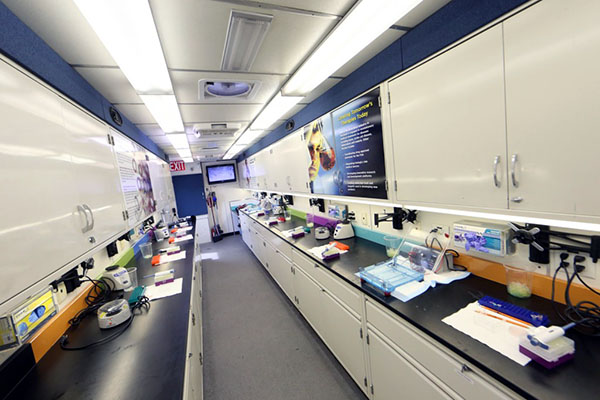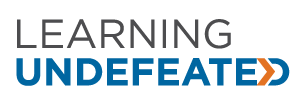 MdBioLab instructors are pleased to present their newest activity, Parasite Predicament, as a hands on workshop during the upcoming comprehensive STEM conference hosted by the Maryland Association of Science Teachers (MAST) and the Technology and Engineering Educators Association of Maryland (TEEAM) on October 16, 2015.
MdBioLab instructors are pleased to present their newest activity, Parasite Predicament, as a hands on workshop during the upcoming comprehensive STEM conference hosted by the Maryland Association of Science Teachers (MAST) and the Technology and Engineering Educators Association of Maryland (TEEAM) on October 16, 2015.
Friday, October 16: 7:30-4:30
Johns Hopkins University Applied Physics Lab
Kossiakoff Conference & Education Center
Conference Strands:
The Three Dimensions of the Next Generation Science Standards (NGSS): the Practices, the Crosscutting Concepts and the Disciplinary Core Ideas The Next Generation Science Standards are composed of three dimensions that have been developed as a framework for K-12 science education in order to fulfill the vision of what it means for students to be proficient in science. The science and engineering practices are the skills with which questions are answered and problems are solved. The crosscutting ideas are a means by which to coherently link different domains of science and to interrelate knowledge from multiple fields of science. The disciplinary core ideas focus on the content to be taught and what is to be assessed. It is these behaviors and skills, the development of a scientifically-based view of the world, and the ability to apply and extend knowledge that students will need to take with them into college and careers. Workshops and sessions in this strand will emphasize the practices, crosscutting concepts and disciplinary core ideas in science and engineering.
Engineering and Technology Education: Engineering Practices to solve Real-World Problems Engineering is a systematic practice of design to find solutions to real-world problems. Technologies results when engineers apply their understanding of the natural world and of human behavior to design ways to satisfy human needs and wants. Workshops and sessions for this conference strand will engage participants in engineering and technology education activities for classrooms at all levels.
Computer Science: Simulations, Modeling, Big Data, Computational Thinking Computer science drives innovation in the US economy and society. The NGSS science standards include standards related to computer simulation used to model the impact of proposed solutions to a complex real-world problem with numerous criteria and constraints on interaction within and between systems relevant to the problem. (NGSS HS-ETS-1-4). New courses in computer science focus on the computational tools for statistical analysis to analyze, represent, and model data. Students learn to work with abstractions and algorithms, work with large data sets, and understand the global impacts of computing that affect different populations. Workshops and sessions will provide the opportunity to educators, business partners and government to share the significant impact of computer science in our world today.
Greening PreK-12 Education: Environmental Literacy for All Students Our environment is changing. Science and engineering educators are powerful agents for helping our students understand and respond to these changes. In this increasingly interconnected global community, all members must understand the implication of our choices and the impact we can have globally and locally. This strand will increase participants’ knowledge of effective practices to help students understand, appreciate, protect, and restore our natural environment.
Career Readiness: Establishing Workforce Connections Developing purposeful partnerships with business and industry is essential for fostering career readiness in students. These partnerships can help draw applied connections between course content and the work performed by business and industry professionals. This strand will focus on exposing educators to vetted resources provided by business and industry to foster career readiness in science, technology, engineering, and mathematics (STEM) fields; identifying how to form and maintain partnerships with business and industry; and assessing what makes an effective partnership.






